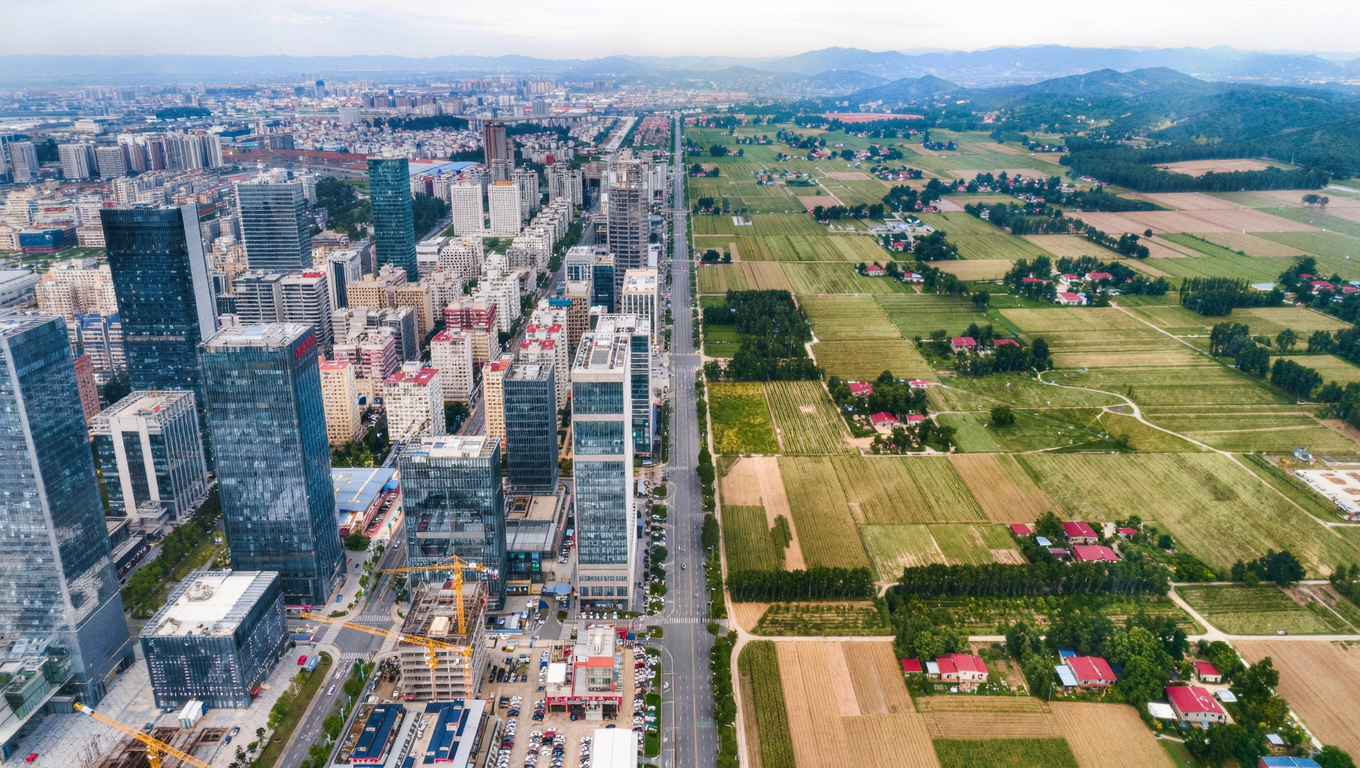Rural communities have a greater need for economic development attention if any of the following are true:
Major industries in the economic base are threatened by local conditions, or by regional to international conditions, that affect their well-being. Any or all of these conditions may be beyond the locality’s control, and if so the strategy has to emphasize economic diversification.
The economic base is limited, which is almost a given in rural communities, so the strategy is to investigate the potential for diversification, and proceed according to this potential only if and as it exists.
One or more key foundational bases for economic health are lacking or deficient, such as educational resources, housing or the capacity to produce housing, etc. The strategy to augment such conditions is of course through local investment if possible, but might also be accomplished through creative partnerships within the community’s broader economic region.
The community’s demographic base is not supportive of current or potential prospective employers’ needs. In this case any strategies to support existing employers or attract others has to include ways to make the community more attractive to residents as well. To face up to and really engage with this kind of issue takes stakeholders who are both fearless and aggressive.
Rural communities tend to be at a competitive disadvantage, economically, compared to urban areas, but nevertheless have some assets unique to them:
There is almost always a “feature” story – an origin story, special place in history, some asset, a notable initiative, or whatever – for every community. It may be taken for granted locally but be deserving of more exposure.
With only so many people to go around, everybody has to do more – more public service, more involvement in whatever assets the community has that make it meaningful, including more willingness to take charge. While this might at first glance seem like some kind of limitation, it is actually the opposite – now you have more interesting people per square mile as well as a community that functions as well as or better than those in higher size classes.
Local businesses can and do forge ties with local residents that go well beyond economic transactions, give everyone an enhanced sense of belonging, and generally provide a foundation for what makes people think of small communities as models for civilized living.
Economic development strategies can also recognize these and other subtle attributes of a place, while also being realistic in the face of its challenges, so that authenticity can yield dividends on both sides of the equation.

